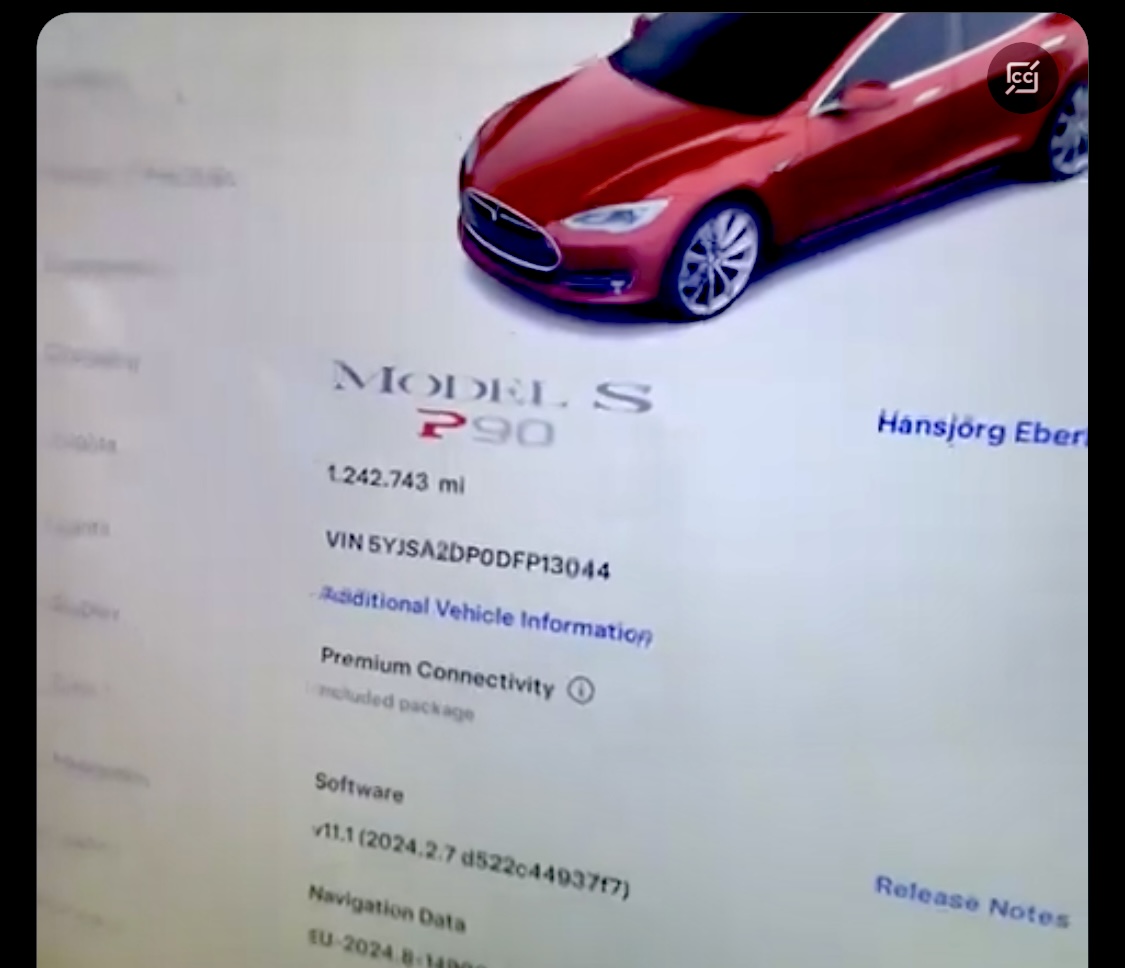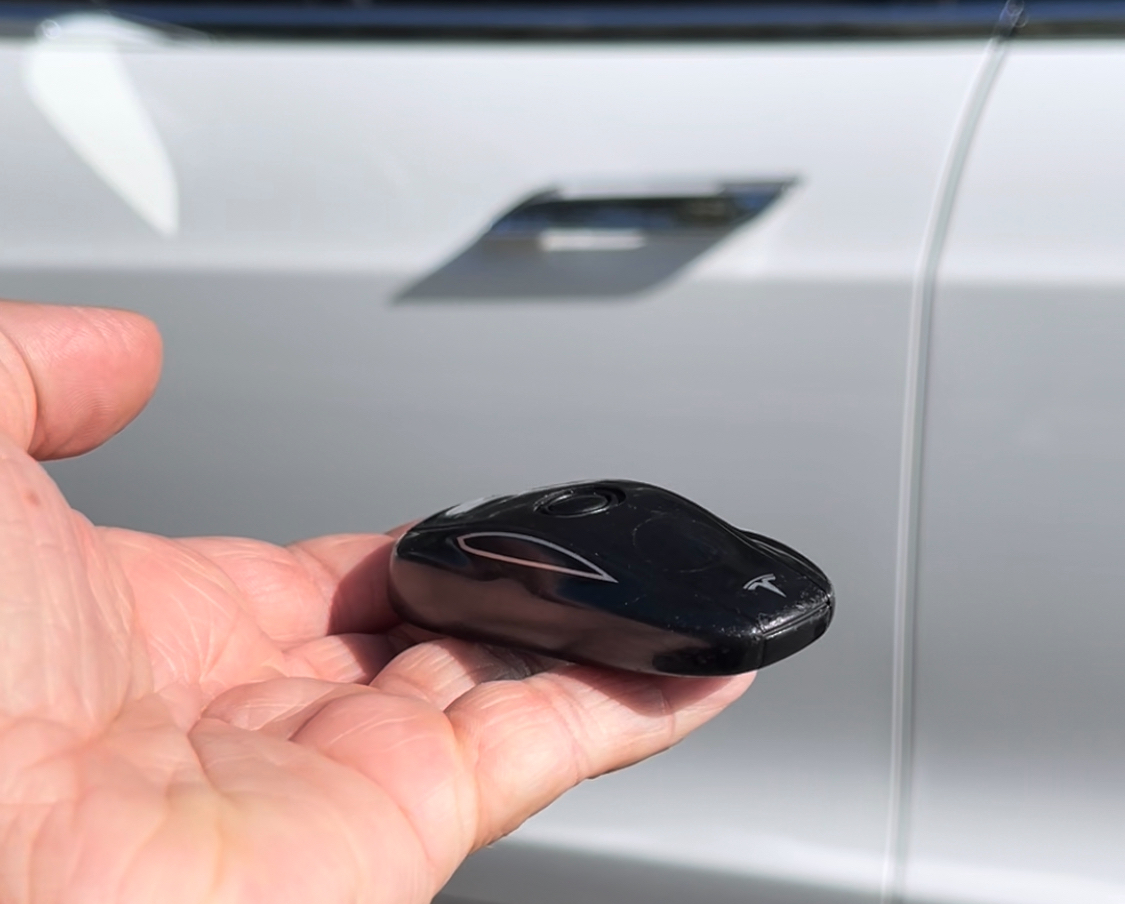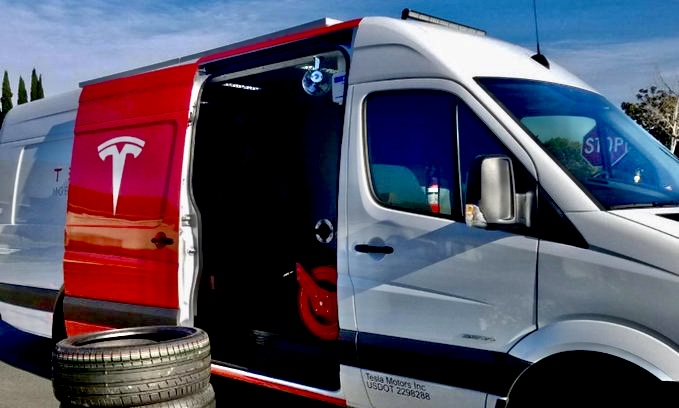Cheat Sheet on EVs
Batteries Education Incentives
What is an EV?
An electric vehicle is a vehicle that uses one or more electric motors to power its wheels. It does not use an internal combustion engine, which means it does not produce emissions.
How do I know if an EV is right for me?
There are several ways to determine if it is right for you
- Driving habits. If you have a short commute and don’t often drive long distances, an EV may be a good option for you.
- Availability of charging stations in your area. If you live in an area with a lot of charging stations, an EV will be more convenient for you.
- Budget. EVs can be more expensive than gas cars, so make sure you factor in the cost of the car, the cost of charging, and the cost of any potential repairs. However, be aware that maintenance is less than an ICE.
What is difference between an EV and a Hybrid?
A Hybrid car is a type of vehicle that has both an electric motor and a gas engine. The electric motor powers the car at low speeds, while the gasoline engine powers the car at higher speeds. Electric cars, on the other hand, only have an electric motor. This means that electric cars are more efficient than hybrid cars at low speeds, but they have a shorter range.
How do EVs operate?
An EV works by using an electric motor to power its wheels. The motor is powered by a battery, which is typically made of lithium-ion cells. The battery can be charged by plugging the vehicle into an electric outlet.
How does an EV get power?
An electric vehicle is powered by electricity, which is stored in the battery. The battery can be charged by plugging the vehicle into an electrical outlet.
Battery Depleted?
If your EV runs out of charge, you can either call a tow truck or have the car towed to a charging station.
How long does the battery last?
The battery in an electric car can last for a number of years, depending on the driving habits of the driver, the climate in which the car is driven, and the maintenance of the battery. However, most electric car batteries are expected to last for at least 10 years.
Battery Replacement?
If the battery in an electric car needs to be replaced, it can be a costly repair. The cost of replacing an electric car battery can vary depending on the make and model of the car, the size of the battery, and the labor costs in the area where the car is being serviced.
Know the main parts of an EV:
The battery: This is the source of power for the electric motor.
The electric motor: This is the device that converts electrical energy into mechanical energy to power the wheels.
The controller: This is the device that controls the flow of electricity from the battery to the motor.
The charger: This is the device that is used to charge the battery.
The other components of a gasoline-powered vehicle, such as the steering wheel, brakes, and tires.
Range?
The range of an electric car is the distance it can travel on a single charge. The range of an electric car can vary depending on a number of factors, such as the size of the battery, the driving conditions, and the driver’s habits.
Charging Price?
The cost of charging an electric car can vary depending on the type of charger being used, the cost of electricity, and the size of the battery. A standard household outlet can cost around $2 to fully charge an electric car. A faster charger, such as a DC fast charger, can cost around $10 to fully charge an electric car.
What are the charging times?
The amount of time it takes to charge an electric car depends on the size of the battery and the type of charger being used. A standard household outlet can take hours to fully charge an electric car. A faster charger, such as a DC fast charger, can fully charge an electric car in a matter of minutes. It is also dependent on the amount of power your vehicle can accept.
Tax incentives available for EV buyers?
There are a number of tax incentives available for EV buyers, depending on where you live. In the United States, the federal government offers a tax credit of up to $7,500 for the purchase of an EV. Some states and cities also offer additional tax credits or rebates for EV buyers. (If qualified). There are even some incentives for buying a used EV that could total $4K.
What are some of the government regulations for EVs?
There are a number of government regulations that apply to EVs. In the United States, the EPA sets fuel economy standards for EVs. (MPG-e) The National Highway Traffic Safety Administration (NHTSA) also sets safety standards for EVs.
Go electric ✌️
You must be logged in to post a comment.
You May Also Like
allEVehicles.com®, thatEVgirl® is a trademark of allEVehicles.com, Inc.
Designated trademarks and brands are the property of their respective owners.





There are no comments or questions yet.